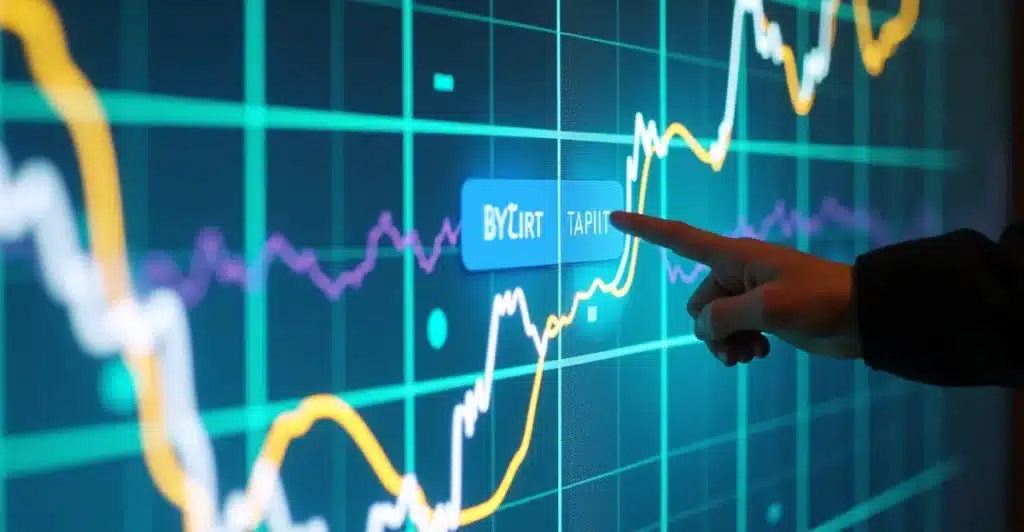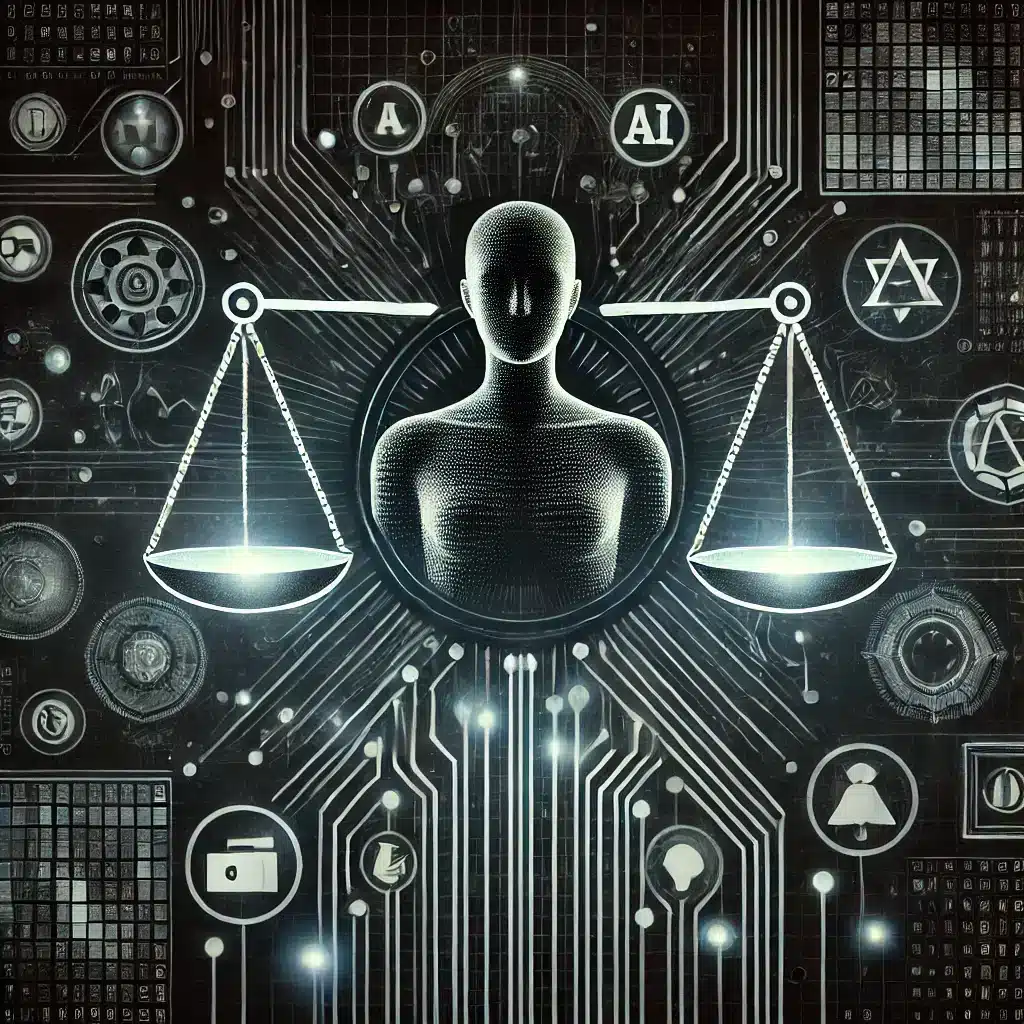Understanding AI Copyright in Business
The topic of AI copyright is gaining traction, especially as businesses and creatives try to navigate a complicated domain. AI technology is expanding rapidly, and businesses need to understand copyright implications. A recent proposal by the UK government suggests allowing tech companies to use copyrighted works to train AI. This, however, has sparked much debate.
The UK’s Proposal and Its Impact
The UK government’s proposal aims to resolve conflicts between creatives and AI companies. Tech firms, like Google and OpenAI, could use copyrighted material to enhance their algorithms unless creators opt out. This idea has faced criticism from rights campaigners and publishers. They argue that such a system could allow AI companies to shirk responsibilities. According to news media organizations, it threatens the livelihoods of creatives and the economy, which is valued at £126bn annually.
Analysis of the Potential Outcomes
Nevertheless, the proposal includes a provision for creatives to reserve their rights. This means creators can decide not to allow their work to be used in AI training. However, critics such as Chris Bryant MP believe that the proposal offers a “win-win” opportunity, potentially leading to new revenue streams through content licensing. Yet, creatives fear this mechanism might disproportionately favor large rights holders.
Creator Rights and Transparency
Therefore, the government pushes for more transparency from AI developers regarding their use of materials for training. This could involve legislating transparency requirements. Creatives like Ed Newton-Rex argue that opt-out schemes are inherently unfair. They advocate for more control over how AI firms use creative content.
How Businesses Should Approach the Debate
Businesses should thus stay informed about changes in AI copyright laws. They should understand that these laws could significantly impact both AI development and creative sectors. In summary, companies must balance innovation and legal compliance, necessitating continuous dialogue and adaptation to evolving legal standards.
Conclusion
Ultimately, the AI copyright debate highlights the need for collaboration between tech firms and the creative industry. Businesses cannot afford to ignore these emerging legal challenges, as they may shape the future landscape of innovation and intellectual property rights. Staying proactive in understanding and adapting to these changes is key.



